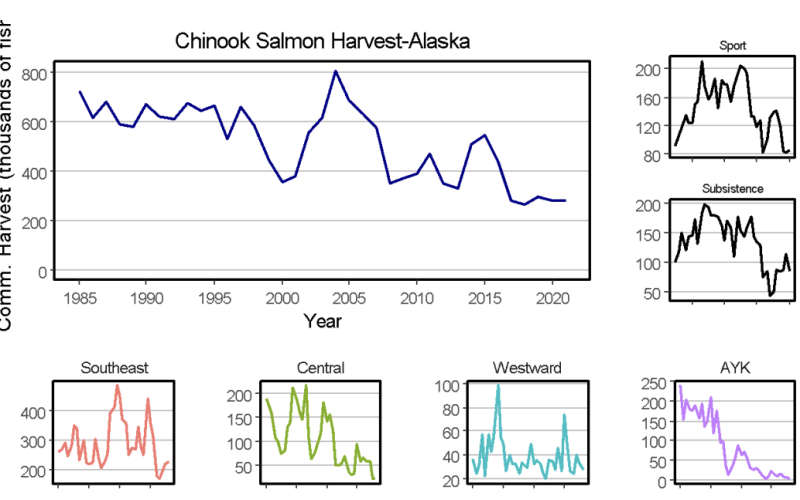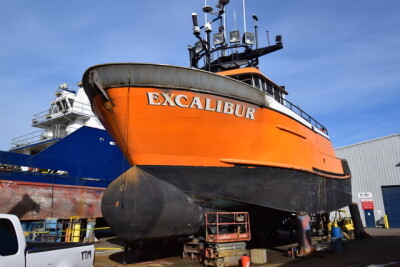Beset by changing climate, population swings and declining salmon returns in some regions, Alaska salmon are under unprecedented pressures.
The Alaska Salmon Research Task Force is now seeking public comment on an early version of their draft report to help build its work plan.
In an announcement through the National Marine Fisheries Service, task force members said they need advice on “existing knowledge, research gaps, and applied research that is needed to better understand the increased variability and declining salmon returns in some regions of Alaska.”
The task force is especially interested in hearing comments about Indigenous and traditional knowledge that can be applied to the Pacific salmon life cycle framework now under development by the task force.
Comments can be submitted online with this form. People can also comment in person during the November 14-15, 2023 Alaska Salmon Research Task Force meeting in Anchorage. The session will be held at the William A. Egan Civic & Convention Center, Summit Hall (Lower Level), 555 W 5th Ave, Anchorage, AK 99501.
Members of the public can also attend online via webinars both days. The Nov. 14 webinar registration link is
https://attendee.gotowebinar.com/register/5437054647210090843
and Nov. 15 can be found at
https://attendee.gotowebinar.com/register/6136402316591918687
Members of the public can also call in to participate by telephone by dialing 1-888-946-3810. The passcode to join the call is “salmon.”
Among topics so far in the draft report, climate is at the top of the list.
“Alaska is experiencing record high temperatures in terrestrial and marine ecosystems. Changes in water flow, oxygen levels in freshwater, loss of seasonal sea and lake/river ice, marine heat waves or other environmental phenomena have been noted in many areas,” the document states.
“Climate-related phenomena may have direct physiological impacts on salmon stocks, such as heat stress that can compromise the success of returning adult spawners or juveniles in the ocean. Indirect impacts of climate-related phenomena include changes to timing of salmon smolt outmigration and spawner upriver migration, reduced fitness in response to shifts to lower quality prey as well as shifts in their ocean migration and distribution patterns.”







